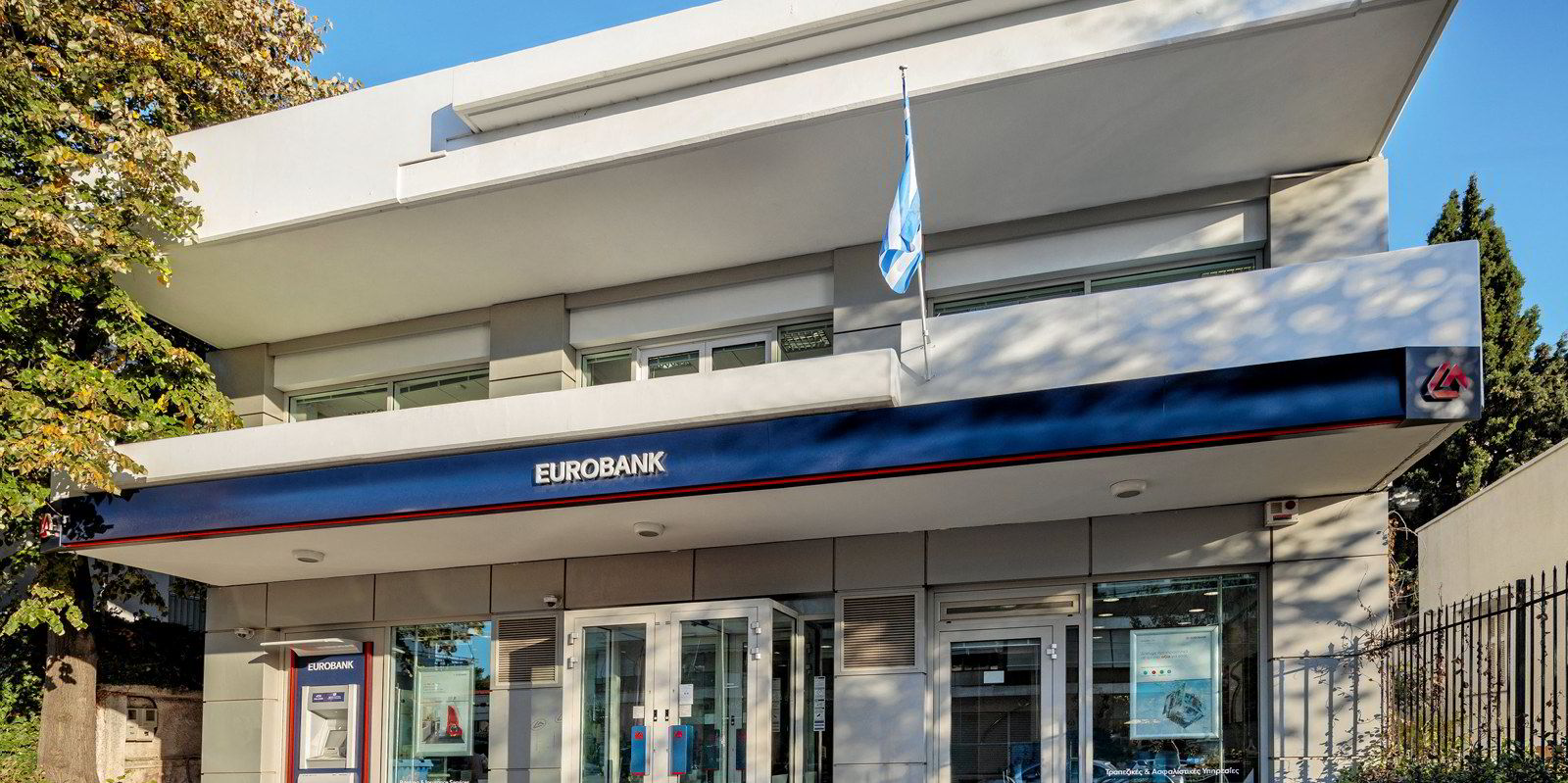Greek bank lending to domestic shipowners has recovered to levels last seen before the country’s sovereign debt crisis.
The volume of homegrown loans to Hellenic owners rose for a fifth consecutive year to $13.6bn at the end of 2021, according to the latest research by Petrofin Research, which has been measuring Greek ship finance for two decades.
That is up 56% from a nadir of $8.7bn back in 2016, when the country was on the verge of financial meltdown and its banks depended on the European Central Bank to survive.
Greek fortunes recovered after a last-ditch European bailout that helped the country’s government to restructure its debt and balance its finances, and its banks offload billions of dollars worth of bad loans.
As their financial health improved over the following years, Greek banks inched up their shipping exposure, stepping into the breach left behind by other European rivals as they stepped back.
The trend continued in 2021, when for the first time in the history of Petrofin’s survey, three Greek banks were among the top five lenders to the country’s shipowners.
Eurobank, Piraeus Bank and Alpha Bank ranked second, third and fourth, respectively, outpacing French lender BNP Paribas, which in just 12 months dropped from second to fifth.
Eurobank’s growth was particularly notable. The Greek lender, which is controlled by Fairfax Financial Holdings, increased its lending volumes to Greek shipowners by 29% to $3.38bn.
No end in sight
These trends are likely to continue in 2022, as major credit rating agencies upgrade Greece, thus allowing the country’s banks to grow further and commit more funds to shipping, Petropoulos wrote in the report.
“Bank competition for the top names has become keener, with loan margins often as low as sub 2%, whilst loan-to-asset lending has been around 60% to 65% for modern vessels and newbuildings,” the analyst noted.
Second-rank shipping names have “less choice” but still have a lot of finance options available to them, Petrofin said.
That is said to include leasing and shipping funds, with which Greeks have become more familiar.

“There exists now a large number of experienced shipping funds, which can provide fixed-rate loans in US dollars or euros.” According to the report, they offer finance at an interest rate of between 6% and 7%, with a loan-to-value (LTV) ratio ranging between 70% and 75%.
“The higher LTV can be seen to justify the higher cost,” Petropoulos wrote.
Some are offering even higher LTVs, at correspondingly higher interest rates.
“In conclusion, the Greek fleet is expected to continue to grow but at a slower pace and participate in the development of low [or] zero-emission vessels to maintain its competitiveness,” the report added.
Banks, lessors and funds are expected to provide the necessary support in the years to come.
((This article was amended after original publication to remove two paragraphs referring to data from the Greek central bank))



